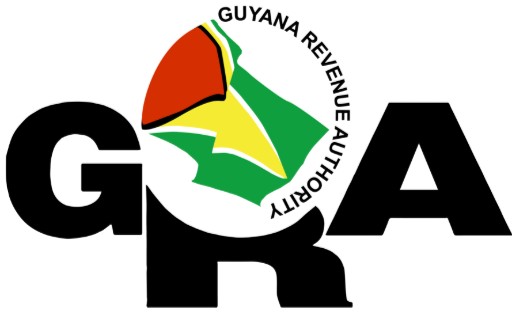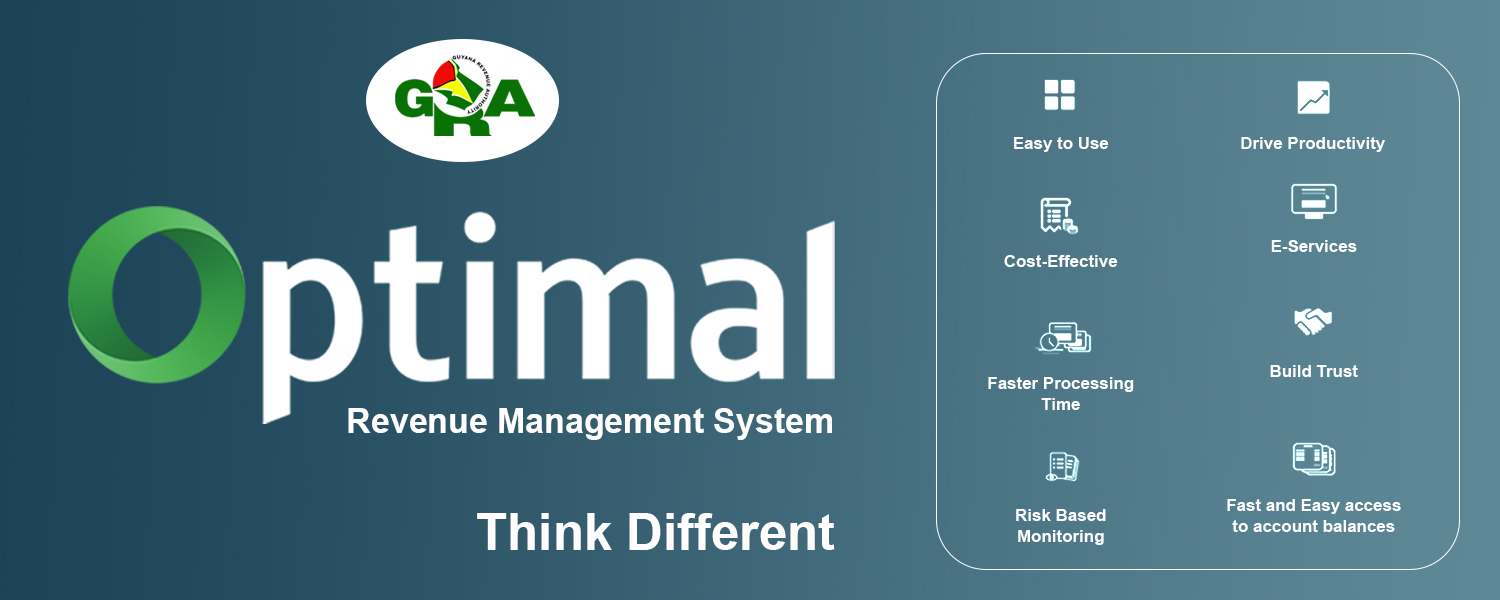First of all, an allowance is a fixed amount of money or a benefit –in-kind, given to an employee periodically, in addition to salary, for the purpose of meeting some specific requirements connected with the service rendered by the employee or to compensate the employee for some unusual conditions of employment. Additionally, when we mention travelling mostly we refer to people; when we mention transportation it can refer to both persons and goods.
The Public Service Rules, however, defines transportation as the movement from one’s place of residence to one’s place of work. Therefore any public servant, who travels from his home to his work place, will not be allowed an allowance for that purpose and therefore will be deemed ‘transportation’.
So let’s take a look at some of the questions you sent us:
I HAVE BEEN GRANTED AN ALLOWANCE FOR TRAVELLING IN CONDUCTING MY JOB RESPONSIBILITIES. AM I REQUIRED TO PAY TAXES ON THIS ALLOWANCE?
Section 5 (b) (ii) of the Income Tax, states that no income tax shall be payable on subsistence, travelling, entertainment or expenses allowed, if it is proved to the satisfaction of the Commissioner- General that the allowance has been expended for the purpose in respect of which the allowance was granted. It should be noted that this allowance must be granted on the basis of a “fixed commuted travelling allowance”. The allowance is payable to a Public Servant for the upkeep of a motor vehicle, car, motor cycle, auto cycle, bicycle or other means of transport owned by him/her and his/her full disposal and used in the performance of official duties.
AS A PRIVATE SECTOR EMPLOYEE CARRYING OUT MY DUTIES BY WAY OF TRAVEL, AM I ENTITLED TO NON-TAXABLE TRAVELLING ALLOWANCES?
Remember! Income tax is not payable on travelling allowance. However, this must be in accordance with Section J, paragraph (J1) of the Public Service Rules, which defines ‘A fixed commuted travelling allowance as an allowance payable to a Public Servant…”. As such, since you are a private sector employee, you will be required to pay income tax on travelling allowance, if it is NOT expended for official duties, and where no receipts have been issued to your employer. The employer will therefore be required to include the allowance as part of your salary and tax accordingly.
I’M A PUBLIC SERVANT WHO IS NOT IN RECEIPT OF A FIXED COMMUTED TRAVELLING ALLOWANCE, HOW WILL MY EXPENSES BE TREATED FOR USE OF MY OWN TRANSPORTATION IN CONDUCTING MY DUTIES?
Members of statutory and ‘Ad Hoc’ Boards and Committees, wages council and similar bodies (including public servants who are not in receipt of fixed commuted travelling allowances in respect of their substantive duties)… will be paid travelling allowances. Therefore, income tax will not be imposed on these categories of workers, for the upkeep of a motor vehicle or a car, motor cycle, auto cycle, bicycle or other means of transport owned by him/her and at his/her full disposal and used in the performance of his/her official duties, where the Commissioner is satisfied that the allowance was spent for the purposes it was given.
WHAT HAPPENS IF I AM ELIGIBLE FOR TRAVELLING ALLOWANCES BUT I CHOOSE NOT TO UTILISE MY VEHICLE WHILE CARRYING OUT MY DUTIES?
If an Officer is entitled to travelling allowance but does not utilise the allowance for official (work) purpose, then income tax must be imposed on the allowance. However, if the officer carries out his official duties with or without his personal vehicle, then income tax will NOT be imposed on the travel allowance, provided that he/she utilised the approved means of transport for the intended purpose of official trave
NOTE!
The payment of commuted travel allowances to any category of employee is subject to the prior approval of the Permanent Secretary, Public Service Ministry. Additionally, where transportation or travelling allowance is granted as incentive for normal journeys between home and work or outside the public service rules highlighted above, these amounts will be subject to income tax and employers of both the public and private sectors will be required to deduct and remit the relevant Pay As You Earn (PAYE), since the employees are the beneficiary. Evidence of travel such as vouchers and receipts are important proof to the Commissioner – General that the activity took place Travel allowance utilised for official purposes must not be included in an employee’s salary


